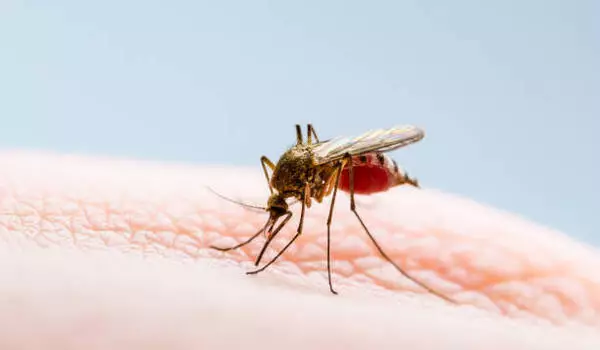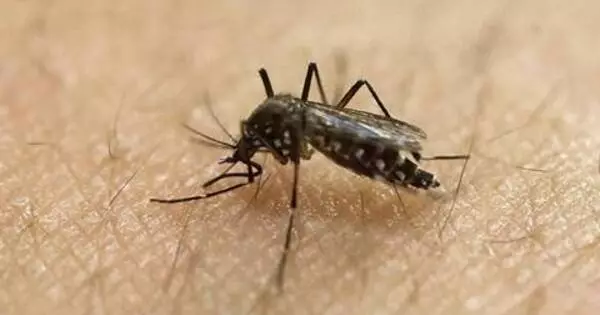It is well known that mosquito saliva contains a variety of bioactive molecules that can affect the human immune system and facilitate pathogen transmission. These molecules have the ability to modulate immune responses, prevent blood clotting, and suppress inflammatory responses, allowing mosquitos to feed without being detected or interfered with by the host’s immune system.
With dengue fever on the rise, the new finding explains why dengue viruses are so easily transmitted. The discovery could also lead to new methods of infection prevention. According to new research, the saliva of mosquitos infected with dengue viruses contains a substance that thwarts the human immune system and makes it easier for people to become infected with these potentially lethal viruses.
Dengue fever has spread in recent years to Europe and the southern United States, in addition to long-established hotspots in tropical and subtropical regions such as Southeast Asia, Africa, and Latin America. The new discovery, made by a scientist at the University of Virginia School of Medicine and his colleagues, helps to explain why the disease is so easily transmitted and could eventually lead to new ways to prevent infection.
By introducing this RNA at the biting site, dengue-infected saliva prepares the terrain for an efficient infection and gives the virus an advantage in the first battle between it and our immune defenses. These findings provide new perspectives on how we can counteract dengue virus infections from the very first bite of the mosquito.
Tania Strilets
“It’s amazing how clever these viruses are – they subvert mosquito biology to tamp down our immune responses so that infection can take hold,” said Mariano A. Garcia-Blanco, MD, PhD, chair of the Department of Microbiology, Immunology, and Cancer Biology at UVA. “There is no doubt in my mind that better understanding of the fundamental biology of transmission will eventually lead to effective transmission-blocking measures.”
Furthermore, Garcia-Blanco believes that similar immune-damaging substances will be discovered in other mosquito-borne infections such as Zika, West Nile, and yellow fever. “Our findings are almost certainly going to be applicable to infections with other flaviviruses,” Garcia-Blanco stated. “The specific molecules here are unlikely to apply to malaria, but the concept is generalizable to viral infections.”

Understanding Dengue
Dengue affects roughly half of the world’s population, with 400 million people infected each year. Dengue symptoms, such as fever, nausea, and skin rash, are frequently confused with those of other diseases. The majority of people will have mild cases, but about one in every twenty will develop severe illness, which can result in shock, internal bleeding, and death. Unfortunately, because dengue is caused by four related viruses that are primarily transmitted by the Aedes aegypti mosquito species, it is possible to contract it multiple times. There is no cure, but Garcia-Blanco and his colleagues’ new discovery identifies an important contributor to the disease’s spread as researchers seek better ways to combat it.
Garcia-Blanco and his colleagues discovered that the saliva of infected mosquitos contained not only the expected dengue virus but also a powerful conspirator: molecules produced by the virus that can blunt the body’s immune response. The scientists conclude that the injection of these molecules, known as sfRNAs, during the mosquito bite increases the victim’s chances of becoming infected with dengue.
“By introducing this RNA at the biting site, dengue-infected saliva prepares the terrain for an efficient infection and gives the virus an advantage in the first battle between it and our immune defenses,” the researchers explain in a new scientific paper.
Scientists who study mosquitos had previously suspected that the insects’ saliva might contain a payload that increases the likelihood of infection. Garcia-Blanco’s team’s new findings identify one weapon in the viruses’ arsenal and pave the way for new ways to help reduce transmission and control disease spread. For the time being, the best way to avoid becoming seriously ill with dengue is to avoid being bitten.
“It’s incredible that the virus can hijack these molecules so that their co-delivery at the mosquito bite site gives it an advantage in establishing an infection,” said Tania Strilets, Garcia-Blanco’s graduate student and co-first author of the scientific paper. “These findings provide new perspectives on how we can counteract dengue virus infections from the very first bite of the mosquito.”
















